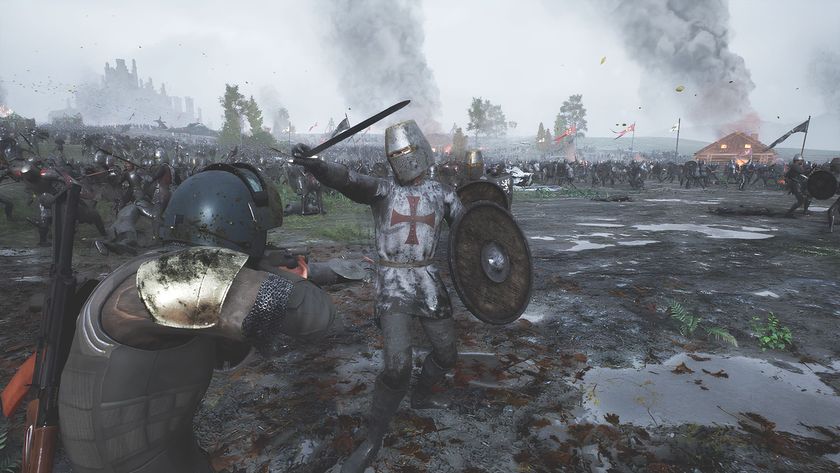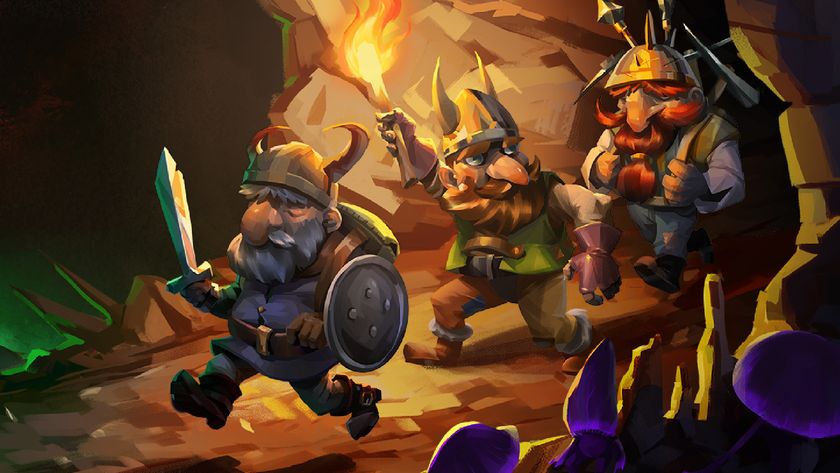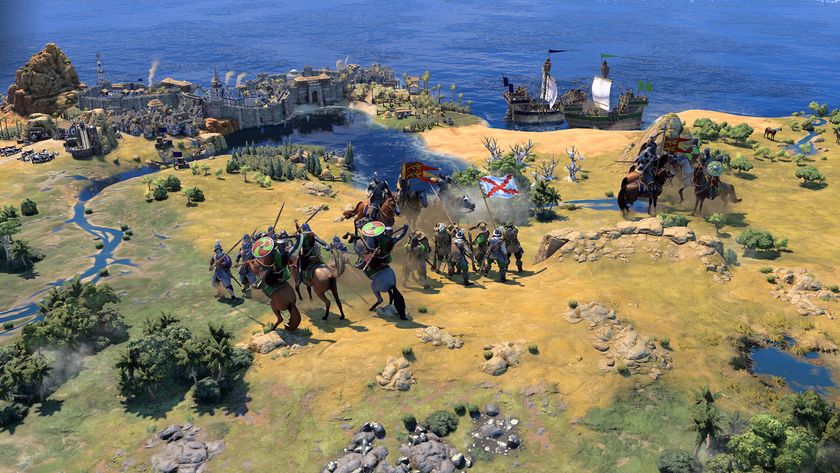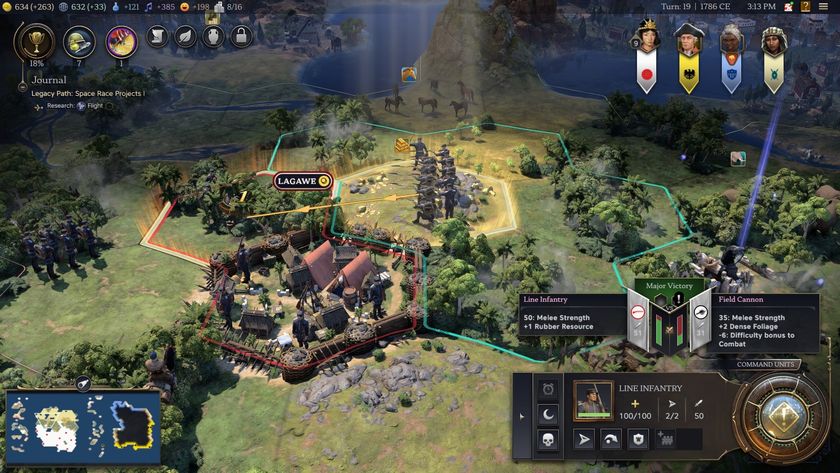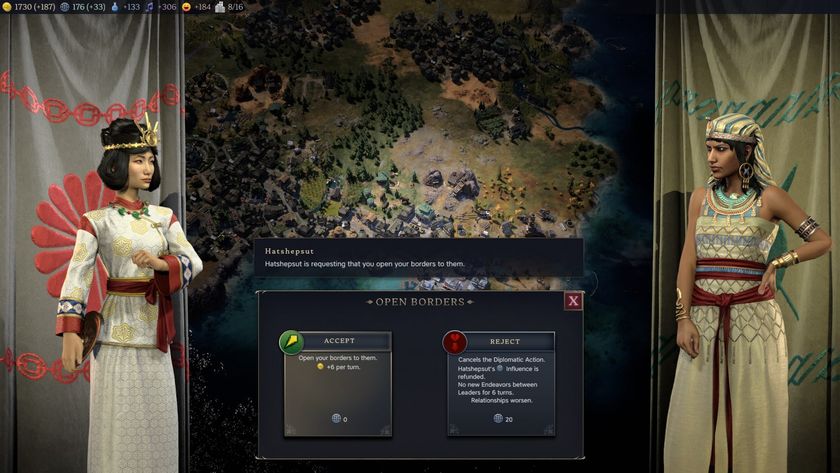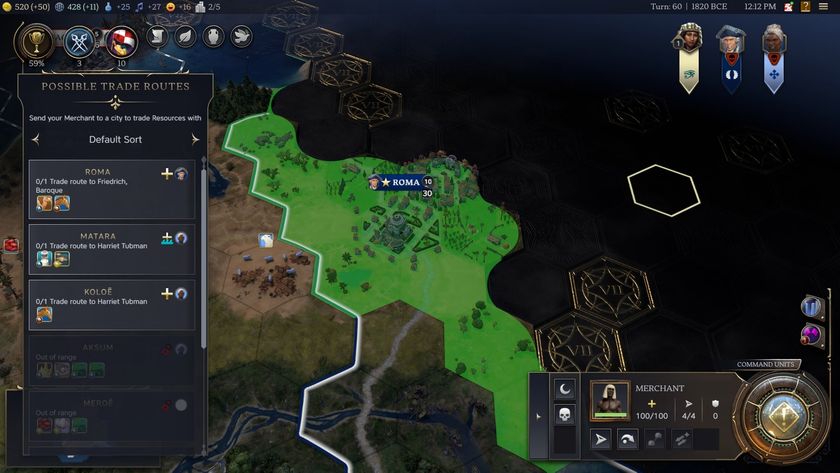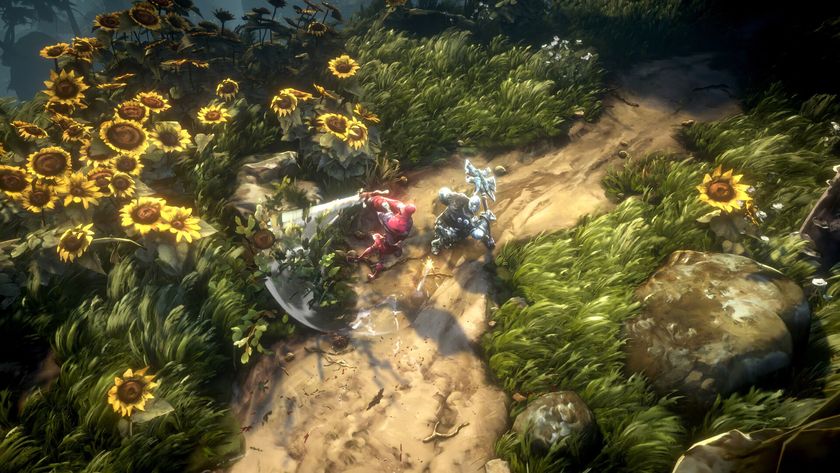Sid Meier’s Civilization IV: Colonization – first look
The founding father of turn-based strategy returns to the New World
In 1492, legendary explorer Christopher Columbus discovered America (as far as Europe was concerned, anyway), setting off a control struggle between European powers and the continent’s native inhabitants that eventually led to the founding of the United States of America. Five hundred and two years later (in 1994), another legendary historical figure, Game God Sid Meier, released Sid Meier’s Colonization, a turn-based strategy game that put players in control of the effort to colonize the new world.
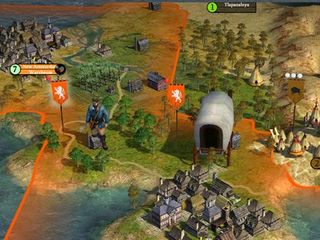
Fast forward another 14 years to today at Firaxis, the studio founded by Meier after his departure from Colonization developer Microprose. Fresh off the high-scoring Sid Meier’s Civilization IV, the developers listened closely to online community polls that showed an amazing amount of love for the almost-forgotten classic, and with the power of the versatile Civ IV engine at their disposal, they decided to resurrect Colonization for a new generation of strategy gamers. Despite the name change to Sid Meier’s Civilization IV: Colonization, this is no expansion pack. Colonization is very much its own game - it’s smaller in scope than Civ (in the sense that it focuses on one part of the globe) and is more about trade economics and politics than world domination. And, unlike the wide-open Civ games, Colonization has one inevitable conclusion: you must declare independence from your parent nation and win your freedom in a revolutionary war, or become a footnote in history.
Because the Civ IV engine was already as solid as Plymouth Rock, Firaxis felt comfortable letting me jump right into the game. I chose to play as the Dutch for their strength in trade - other options include the English (immigration), French (cooperation with natives), and Spanish (exploration and conquest) - and was dispatched from Holland as Viceroy of the colonial effort. Right away, I noticed graphical improvements over Civ IV - the terrain texture resolution has jumped up a notch, and the boat that carried my first pioneer and soldier across the Atlantic Ocean carved a wake through waves of shimmering water. Arriving in 1492, I sailed west looking for land. It wasn’t long before I spotted an island, but not before my English rivals had located it, too. Rather than compete with them for territory, I sailed south until I found another island and used my pioneer to set up my first colony, Dan Francisco. I was immediately greeted by my new neighbors, a friendly Native American tribe who graciously offered me a plot of land, since I was clearly in a group of harmless nomads.
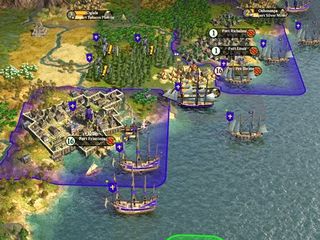
The land I settled was rich in sugar, and my colonist automatically began harvesting a crop for export. (Colony management is heavily automated by default, but you can micromanage each colonist’s job assignment.) In a couple of turns, I loaded a few tons of sugar into my ship’s hold and sailed back to Holland to sell it. It was a small payday, but it was enough to recruit a master scout to uncover the map around my new colony. (Any colonist can be assigned to any profession, but trained masters get bonuses.) My scout made friends with the natives, who offered to train unskilled colonists as farmers or tobacco planters and sometimes offered gifts of valuable beads and gold. Meanwhile, I built docks at Dan Francisco, allowing my colonists access to the prime fishing waters nearby. On the next trip to Holland, I bought loads of tools and equipped a colonist as a pioneer to start improving the local terrain with roads, farms, and mines.
With Dan Francisco established, I moved another pioneer a few tiles down the coastline to found the colony of Dan Jose, but was halted by natives whose generosity had reached its limits. I had to save up some gold to buy the land, or risk starting a fight that my single soldier couldn’t win. I decided to pay up. I had two successful colonies, good relations with the natives, and a booming economy. It was then that the Dutch king decided he wasn’t getting his fair share, and imposed a new 3 percent tariff on all trade with Europe. Rather than kissing his pinky ring, I held the Dan Francisco Sugar Party and tossed my entire stockpile into the harbor. The tax hike was averted, but the king imposed an embargo on the sugar trade - I’d need a new cash crop.
Sign up to the 12DOVE Newsletter
Weekly digests, tales from the communities you love, and more
